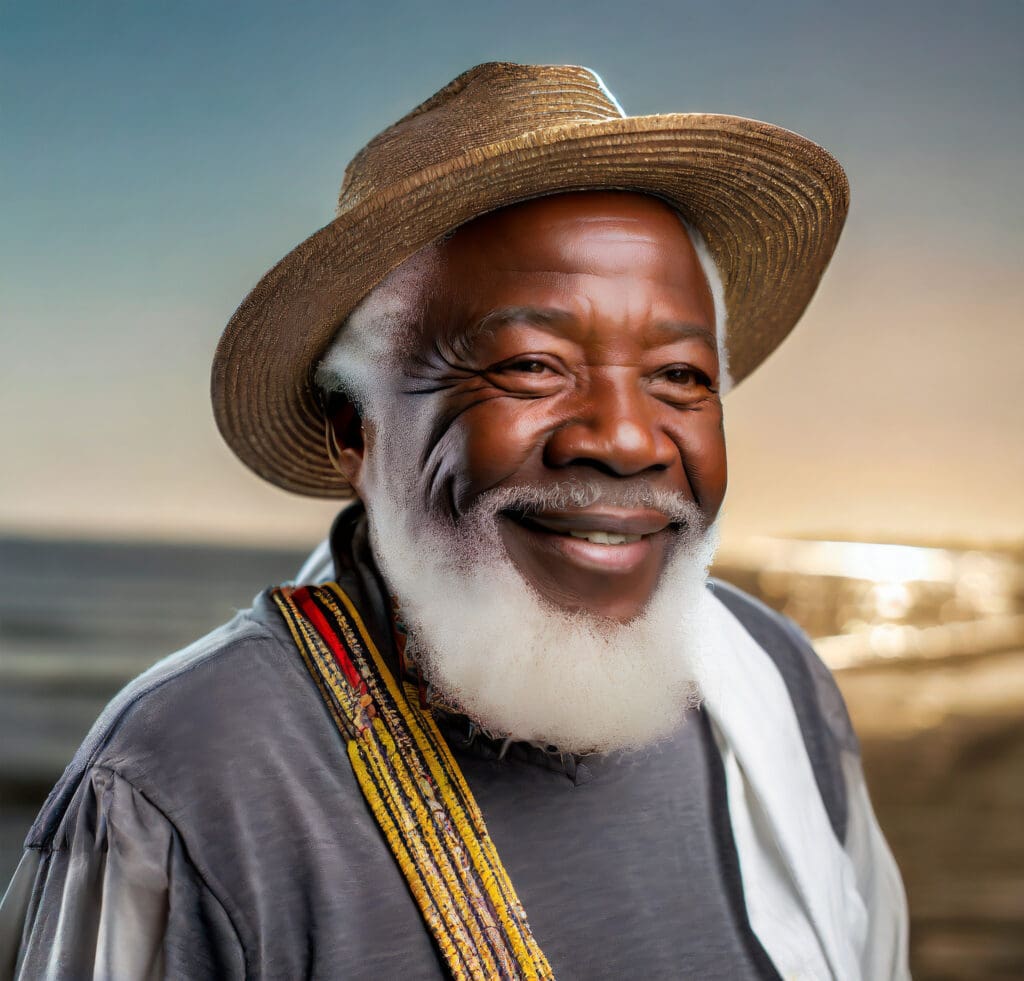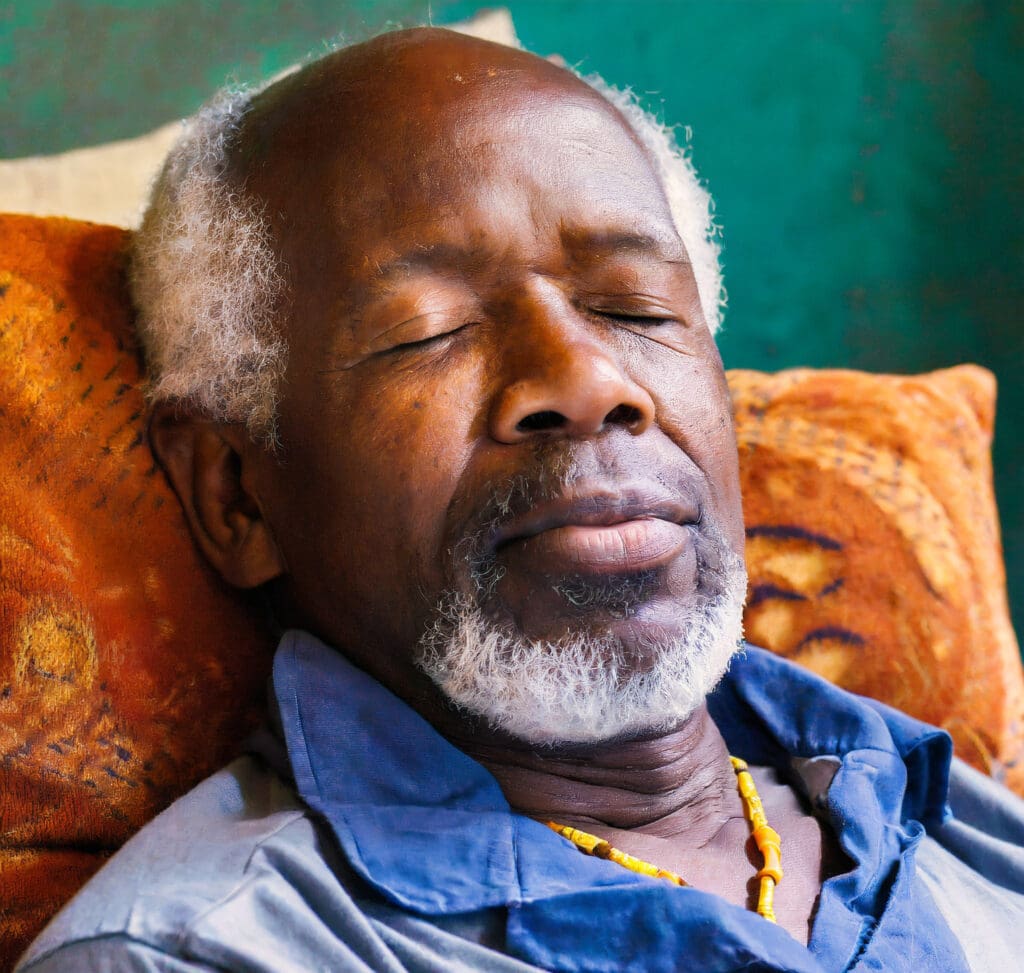“Healthy aging is like a beautiful garden – it takes consistent care, nourishment for both the soil and the blooms, and a love for the changing seasons.”

Embarking on the expedition of healthy aging is not merely a destination but an ongoing masterpiece, a perpetual symphony of optimizing physical and mental health, independence, and the quality of life throughout every stage of our existence.
Healthy aging is the secret ingredient that imbues life with richness and vibrancy, influencing not just how we endure, but how we bloom across the whole expanse of time.
Older adults play pivotal roles, supporting families and communities in both formal and informal capacities. However, societal misconceptions and outdated myths about aging cast shadows on their potential. Limited opportunities in employment, education, and social engagement contribute to diminished overall health and wellness.
The landscape of healthy aging is sculpted by a blend of genetics, lifestyle, and external circumstances. Yet, others, such as exercise, a wholesome diet, regular health check-ups, and mental health care, are well within our grasp. Various researches have identified actionable steps for managing health, fostering independence, and preserving the quality of life as we age.
1. Optimizing Physical Health: The Dance of Well-Being
As scientists explore avenues to combat age-related declines in physical health, tangible strategies have already surfaced. Caring for one’s physical well-being involves staying active, making wise dietary choices, ensuring adequate sleep, moderating alcohol intake, and proactive health management. Each small adjustment in these realms contributes significantly to supporting the journey of healthy aging.
Get Moving: The Elegance of Exercise and Activity

Physical activity emerges as a cornerstone in the saga of healthy aging. Scientific evidence suggests that regular exercise not only extends life but enhances its quality, offering more years devoid of pain or disability.
Whether through gardening, walking the dog, or taking the stairs, incorporating movement into daily life becomes a transformative act.
Healthy Eating: Nourishing the Body and Mind

Smart food choices act as shields against age-related health issues and may even bolster cognitive function. Beyond weight concerns, a dietary pattern rich in fresh fruits, vegetables, whole grains, healthy fats, and lean proteins stands as a beacon for well-being.
Soothing Slumber: A Pillow Talk with Health

Amidst the complexities of aging, adequate sleep emerges as a critical ally in maintaining health and alertness. Despite the universal need for seven to nine hours of sleep, many older adults struggle to meet this requirement.
The pursuit of quality sleep becomes an essential aspect of emotional well-being, influencing memory, mood, and overall vitality for healthy aging.
Quitting Smoking: A Breath of Fresh Health
Regardless of age or smoking history, research affirms that quitting smoking enhances health. The benefits include a reduced risk of cancer, improved blood circulation, heightened senses, increased exercise capacity, and setting a healthy example for others. The decision to quit smoking is a timeless investment in breathing easier, newfound energy, saving money, and overall health improvement.
Mindful Moderation: Aging and Substance Use

Like all adults, older individuals should exercise caution or limit alcohol consumption due to social and physical changes that increase susceptibility to misuse and abuse.
Additionally, awareness of substances like opioids and benzodiazepines becomes crucial, given the potential for misuse and dependence.
Regular Doctor Visits: A Symphony of Preventive Care

Frequent health screenings through regular doctor visits form the backbone of healthy aging. These check-ups help detect chronic diseases early, allowing for risk reduction and an enhanced quality of life.
Regular screenings unveil potential health issues such as diabetes, cancer, and cardiovascular diseases, ensuring timely intervention for optimal health.
2. Nurturing Your Mental Fortitude: A Symphony of Strategies for Healthy Aging
The elaborate mosaic of our holistic well-being and life’s richness is delicately crafted with the fibers of mental well-being. Our thoughts, emotions, decisions, and interactions with others each assume pivotal roles in this majestic orchestration. Navigating the intricacies of social isolation, loneliness, stress, depression, and the overarching mood becomes a fundamental aspect in the craftsmanship of healthy aging.
Harmony in Social Connection: Combating Isolation and Loneliness

As the pages of life turn, challenges such as hearing and vision loss, memory decline, physical limitations, and the departure of loved ones can hinder the maintenance of social connections for older adults.
Social isolation and loneliness emerge as formidable adversaries, each with its distinct impact. Loneliness, a poignant feeling of separation, contrasts with social isolation, the scarcity of regular social contacts.
Elevating mood and overall well-being involves staying connected. Embrace in-person or phone conversations with family and friends. Dedicate daily moments to nurture these connections. Embark on new learning journeys or refine existing skills through classes, offering opportunities to forge fresh connections with like-minded individuals.
Navigating the Symphony of Stress: A Mindful Overture

Stress, a natural companion to life’s journey, manifests in various forms, stemming from both challenges and positive changes. The relentless nature of chronic stress can rewire the brain, impacting memory and elevating the risk of Alzheimer’s and related dementias, especially in older adults.
Finding avenues to reduce stress and foster emotional stability becomes paramount for healthy aging.
Meditation techniques, physical activity, and engaging in enjoyable pursuits prove instrumental in stress management. Journaling becomes a compass to navigate and challenge negative thoughts. Seek solace in the support of friends and family, creating a positive coping network.
Understanding the Melody of Mood: The Dance Between Depression and Aging

Depression, though prevalent in older adults, often wears a subtle mask, with symptoms extending beyond sadness. Numbness, disinterest in activities, and a reluctance to share feelings may be indicators.
Recognizing the impact of mood changes on aging, both negative and positive perspectives significantly influence overall health.
Addressing depression promptly is crucial. Seek evaluation from healthcare professionals, especially when signs include sleep disturbances and loss of appetite. Balancing mental and physical health becomes pivotal, as research highlights the profound connection between beliefs about aging and health outcomes.
Leisurely Pursuits: The Rhythm of Enjoyable Pastimes

Engaging in leisure activities transcends mere enjoyment; it contributes to overall health. Participating in hobbies and social and leisurely pursuits holds the promise of lowering the risk of various health problems.
From music, theater, dance, to creative writing and participatory arts or even playing games, these activities enhance cognitive function, memory, self-esteem, and social interaction.
Even seemingly simple hobbies, like caring for a pet, wield significant health benefits. Seek opportunities to participate in diverse activities, from attending events and trying new restaurants to learning new skills or volunteering. Enrich your community involvement and physical health through active engagement.
Harmonizing Body and Mind: A Blueprint for Lifelong Well-being in Healthy Aging”
Healthy aging is a holistic process that involves nurturing both physical and mental well-being. As individuals progress through the various stages of life, it is essential to adopt a proactive approach that encompasses lifestyle choices, healthcare practices, and mental resilience.
In essence, healthy aging is a lifelong commitment to nurturing the body and mind. By adopting a comprehensive approach that addresses both physical and mental aspects, individuals can not only extend their lifespan but also enhance the quality of their later years. Embracing healthy habits, staying socially connected, and prioritizing mental and emotional health are key elements in the journey towards aging gracefully and maintaining a fulfilling and vibrant life.



